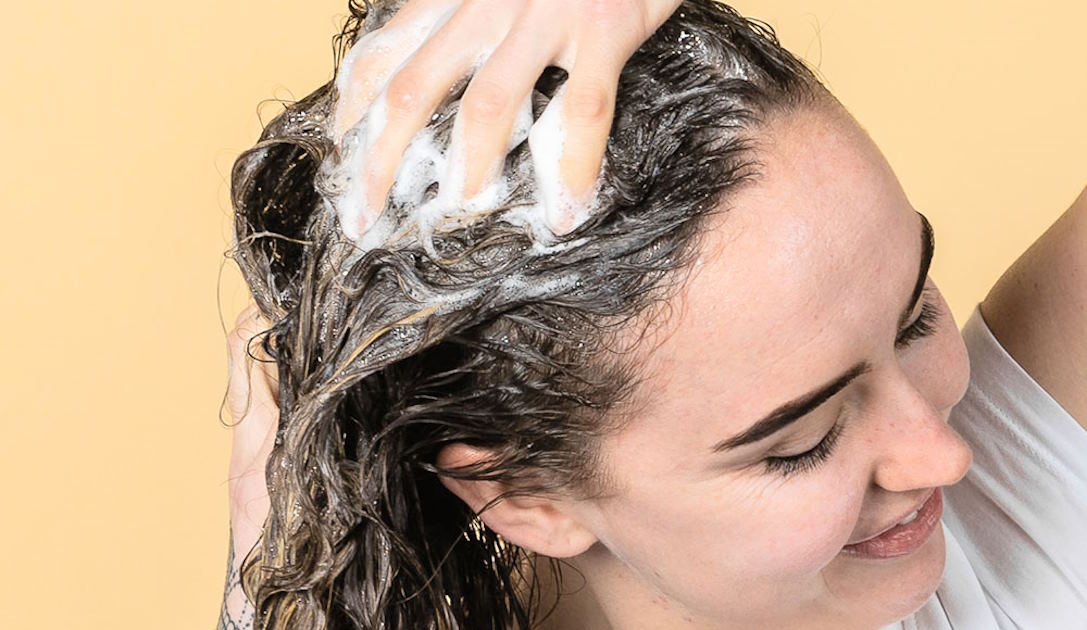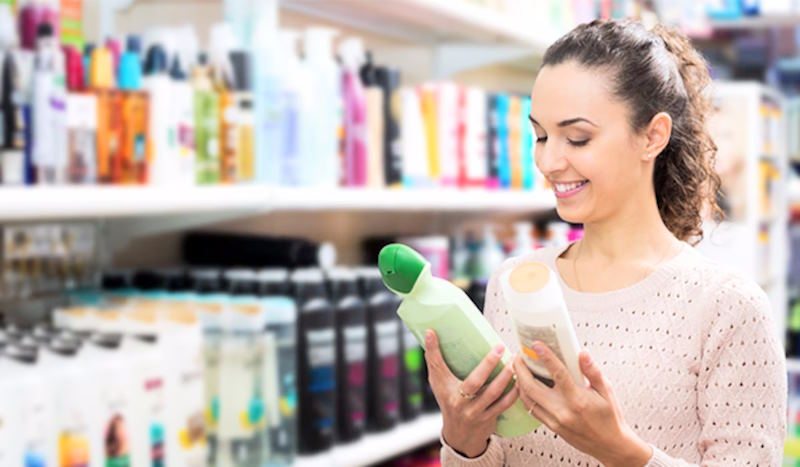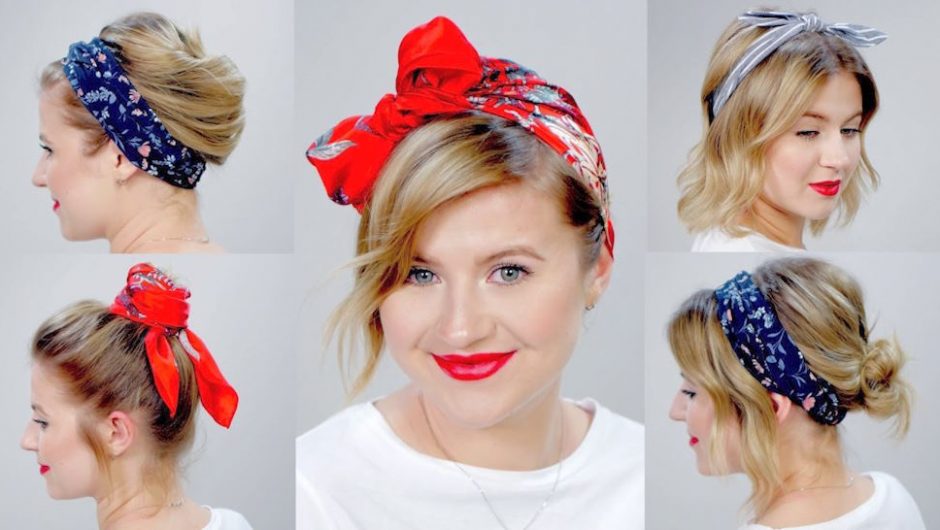The pursuit of luscious, healthy locks has led many of us on a journey through a plethora of hair products, from shampoos and conditioners to serums and styling sprays. Yet, in the bustling aisles of beauty stores and the endless online shopping options, there’s one crucial factor that often goes overlooked but plays a pivotal role in the quest for fabulous hair – pH balance. Understanding the pH balance of hair products is like unlocking a hidden secret to maintaining hair that not only looks great but is genuinely healthy from root to tip.
pH Levels in Hair
The Natural pH of Hair
The hair on your head is more than just a fashion statement; it’s a dynamic structure with its own pH level. Generally, healthy human hair tends to have a slightly acidic pH, typically ranging from 4.5 to 5.5 on the pH scale. This mildly acidic environment is vital for maintaining the hair’s structural integrity. It helps to keep the hair cuticle – the outermost layer of each strand – flat and smooth. When the cuticle lies flat, your hair appears shiny, feels smooth to the touch, and is better equipped to repel environmental stressors.
Factors That Can Alter the pH of Hair
Maintaining this natural pH balance can be a delicate affair, as various factors can disrupt it. Harsh shampoos, chemical treatments like perms or coloring, and exposure to hard water can all skew the pH towards the alkaline side. On the flip side, excessive use of acidic products, like some clarifying shampoos, can make your hair too acidic. Even your diet and overall health can play a role in hair pH.

How pH Affects Different Hair Types
pH Balance for Normal Hair
If you’re blessed with “normal” hair – that is, hair that isn’t excessively oily or dry – your pH-balancing act is relatively straightforward. Aim for products that maintain the hair’s natural pH level, which hovers around 4.5 to 5.5. These slightly acidic conditions help keep your cuticles flat and your hair looking shiny and manageable.
pH Considerations for Oily Hair
Oily hair often leans toward the alkaline side of the pH scale due to an excess of sebum production. Balancing this requires gentle cleansing with a slightly acidic shampoo to help regulate oil production. Avoid harsh, alkaline products that can strip away too much oil, as this may cause your scalp to compensate by producing even more.
pH Balance for Dry and Damaged Hair
Dry and damaged hair typically benefits from more acidic hair products to help repair and seal the cuticle. Look for products with lower pH values to restore moisture and prevent further damage. Conditioners with a slightly acidic pH can help smooth and hydrate your hair, making it more resilient.
pH Balance for Curly and Textured Hair
Curly and textured hair types often have a higher porosity, which means they can be more sensitive to pH imbalances. Products with a pH slightly below 5.0 can help keep the cuticle compact and reduce frizz. Additionally, curly hair may benefit from occasional acidic treatments like apple cider vinegar rinses to clarify and maintain optimal pH balance.

pH Balance and Hair Health
Benefits of Maintaining Proper pH Balance
Maintaining the proper pH balance in your hair care routine isn’t just a matter of preference; it’s the secret sauce for promoting healthy, vibrant locks. When your hair and scalp are at their ideal pH levels (around 4.5 to 5.5), the benefits are manifold. Your hair cuticle remains flat and smooth, resulting in a glossy appearance and a soft, touchable texture. Balanced pH also helps your scalp maintain its natural oils, reducing the likelihood of dryness or excessive oiliness. Furthermore, a pH-balanced environment creates a protective barrier that shields your hair from environmental stressors, such as pollution and UV rays.
How pH Affects Hair Color and Chemical Treatments
If you love experimenting with hair color or chemical treatments, understanding pH is crucial. The pH of your hair can impact the outcome of these processes significantly. Hair color, for instance, works optimally in a slightly acidic environment. When the hair’s pH is too high (alkaline), it can interfere with the color’s ability to penetrate the cuticle, resulting in uneven or dull color. Similarly, chemical treatments like perms or relaxers can cause damage if not carefully pH-balanced to minimize harm to the hair structure.
Preventing Common Hair Issues with pH-Balanced Products
Many common hair issues, such as frizz, breakage, and split ends, can be alleviated or even prevented by incorporating pH-balanced products into your hair care routine. Acidic conditioners help seal the cuticle, making the hair smoother and more resistant to damage. By maintaining the hair’s natural pH balance, you can reduce the likelihood of these frustrating hair problems and enjoy a smoother, more manageable mane.





